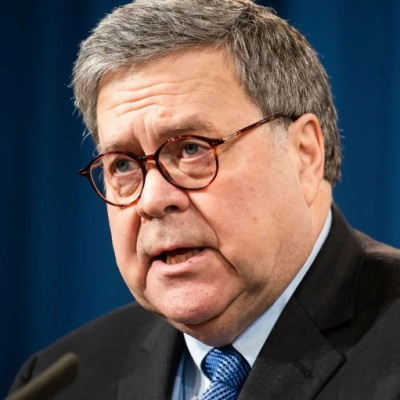News
The US Attorney General William Barr made a bizarre suggestion while speaking at event about curbing Chinese technological dominance
The pre-eminence of Huawei’s 5G technology may be disputed by Nokia and Ericsson, but for the US government it presents a unique and significant challenge.
Alongside a seemingly global campaign to push countries away from Huawei, the US is also making moves to accelerate the development of Huawei alternatives. Earlier this week it was announced the government would be collaborating with tech giants such as AT&T, Dell, and Microsoft to explore open RAN solutions and minimise the reliance on Huawei technology for 5G.
Similarly, last year the Financial Times reported that the US government was exploring methods of financial assistance for Nokia and Ericsson to allow the pair more competitive payment terms for their equipment.
Earlier today, speaking at a conference on Chinese economic espionage, Attorney General William Barr suggested taking this government–industry collaborative approach to its natural (and equally bizarre) conclusion: why not simply buy a controlling stake in Nokia or Ericsson?
“Putting our large market and financial muscle behind one or both of these firms would make it a far more formidable competitor and eliminate concerns over its staying power, or their staying power,” said Barr.
Barr suggested a controlling stake could be attained either directly on behalf of the government or “through a consortium of private American and allied companies.”
With a combined market capitalisation of around $50 billion, it is unclear how the US government could feasibly fund such a move, or if global regulators would even allow such a shakeup.
5G is increasingly becoming a matter of geopolitical identity for the US. In his speech, which also referenced World War II, the Cold War, and the space race, Barr lamented the USA’s inability to rally both private and public sectors around the cause of 5G, as China has done.
This is somewhat ironic, since such a ‘national’ mustering would seemingly require the participation of two EU companies.
Nonetheless, if Barr’s suggestions are to be taken as a serious sample of US governmental thinking on the issue of Chinese technological dominance, then the scale of the US government’s commitment to closing the tech gap between themselves and China should not be underestimated.
Also in the news:

















